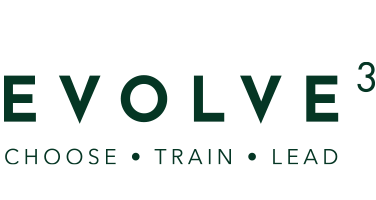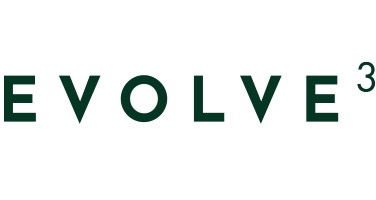
09 Oct How to save on your energy bills
With the cost of most of your business inputs heading upwards, now’s the time to check whether you could be on a better electricity deal.
If you haven’t carefully audited your electricity usage, you may be missing out on large potential savings.
Consider the following:
- Who’s managing energy in your business?
Give one of your team the responsibility for tracking energy use, reviewing bills, researching and recommending possible energy-saving measures.
- Get the best energy deal possible
Start by assessing your usage and expenditure. Depending on your annual bill and the length of your current contract, jumping online and punching your details into one of the comparison sites, (such as https://compare.energy.vic.gov.au/welcome in Victoria) you can get help to find the best deal for your business. Or an independent energy broker might be the best option? They might save you more than you can going solo. Check this link if you’re not sure where to start: https://www.eec.org.au/for-energy-users/find-a-provider#/find-a-provider
- Take steps to make immediate savings
Hospitality businesses do use a lot of energy – heating & cooling; lighting; refrigeration; cooking equipment, food & beverage storage and bar equipment being the obvious high usage categories.
Think about:
- How much could you save by ensuring appliances are turned off when not in use? Make sure this is part of your set-up and pack-down procedures in all sections of your business.
- Do you use timers to automate turn on and off times for equipment that doesn’t need to be running when you’re closed?
- What about sensor lights for back-of-house areas?
- Replacing light globes with more energy efficient LED blubs? Old incandescent and halogen bulbs use a lot of energy.
- There are many government rebates available to assist you to transition to more energy efficient lighting.
- How many devices and appliances are adding to your consumption while in ‘stand-by mode’ unnecessarily? Switching these devices off, can deliver big savings.
- Ensuring equipment is properly serviced so it runs at maximum efficiency? Regularly cleaned and serviced equipment operates better. Do you have a preventative maintenance schedule in place? Consider refrigeration equipment. Well maintained door seals will mean your compressors don’t have to kick in as often to maintain temperature. Properly cleaned air vents and filters also help reduce unnecessary power consumption. There is an easy 10% reduction in operating cost between poorly and well-maintained refrigeration equipment.
Check out this link for more tips:
https://www.energy.vic.gov.au/for-businesses/ways-to-save-for-hospitality-businesses
- Are there government grants or assistance available?
Depending on where your business is located, there are many programs offering rebates to encourage businesses to improve their energy efficiency by replacing older, less efficient equipment.
For example, in 2018, more than 17,000 businesses participated in the Victorian Energy Upgrades program, and each is expected to save around $3,700 on their annual energy bills. The larger the energy user, the larger the saving.
https://www.energy.gov.au/business/grants-and-funding
- If you’re prepared to invest further
- Is it time to shift from gas to induction cooktops in your kitchen? Most of the heat generated by an open gas flame goes straight up into the exhaust canopy. Transitioning to induction cooktops would not only eliminate your gas bill, but also mean quieter and more efficient extraction fans.
- Dealing with drafts through improved insulation and installing double glazing can have a big impact on how hard your air-conditioners and heating system must work to maintain desirable temperatures. Installing double-glazed windows can help reduce heat loss or heat gain by almost 30% compared to single-glazed windows. This will also improve the efficiency of your ice-machines, cool-rooms, refrigerated display cabinets etc.
- Ensure that you include minimum energy efficiency criteria for all new (or second-hand) business purchases.
If you’re wondering how to pay for this, don’t forget the current instant asset write-off allows businesses to claim deductions upfront, rather than through depreciation – go to the ATO website or speak to your accountant to find out more.
These suggestions are just to get you started. How much could you be saving right now? What are you waiting for?



